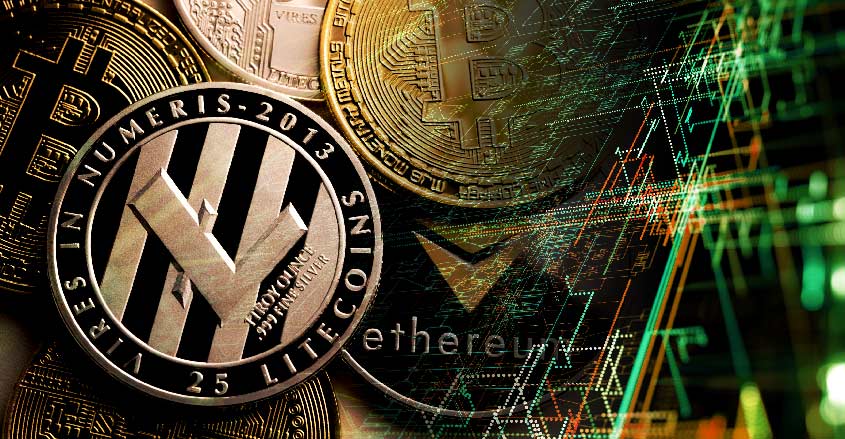Two people, quite likely total strangers who could have been continents apart, recently exchanged $99 million worth of the cryptocurrency Litecoin in a single transfer.
Public data from the exchange showed it took less than three minutes to settle and cost 40 cents in fees.
Similar transactions done under the rules of traditional finance would take days to clear and require multiple parties to sign off on a transaction of that size.
And, undoubtedly, moving all that in cash would result in cumbersome fees.
For $99 million, you could have hired the world’s third most expensive soccer player, financed a failing campaign for governor of California, or bought a small fleet of 2018 Bugatti sports cars.
Litecoin is the sixth largest cryptocurrency by market value. There is about $8.4 billion of LTC in circulation.
The cryptocurrency was created in 2011 as an alternative to Bitcoin. Supporters of cryptocurrencies say that they have the potential to provide a cheaper, quicker, more reliable alternative to traditional payment methods.
This is particularly true when it comes to international transactions.
The problem of scale
Bitcoin and Ethereum, two of the larger crypto coins, will need speed to compete with more mainstream systems such as Visa and PayPal.
Paypal manages 193 transactions per second, while Visa manages 1,667 transactions per second.
Ethereum, on the other hand, does only 20 transactions per second. Bitcoin completes a disappointing 7 transactions per second.
To improve these numbers, these cryptocurrencies must work on their scalability. Yet there are two problems when it comes to scalability.
The first being the time that is used to put a transaction in the block. The second problem being the time is taken to reach a consensus.
In both Bitcoin and Ethereum, a transaction goes through when a miner puts the transaction data in the blocks that they have mined.
As Bitcoin becomes more and more popular, this process becomes more time consuming.
And on top of that, there are transaction fees.
If you want your transactions to go through, you will have to pay a transaction fee to the miner in charge. If you pay the lowest amount in transaction fees, you transaction will take longer.
Transactions also sometimes have to wait until a new block is mined. This generally takes about 10 minutes for Bitcoin.
Bitcoin has a size limit of 1 MB which severely hampers its transactional carrying capacity.

